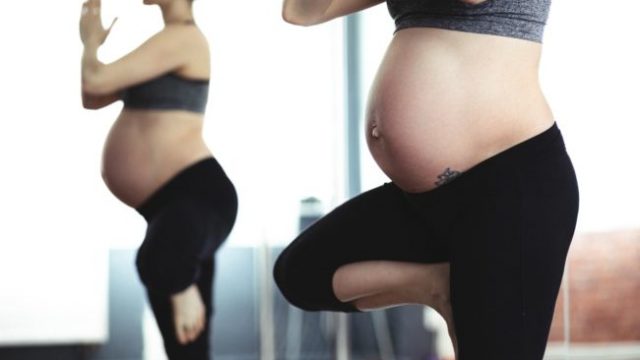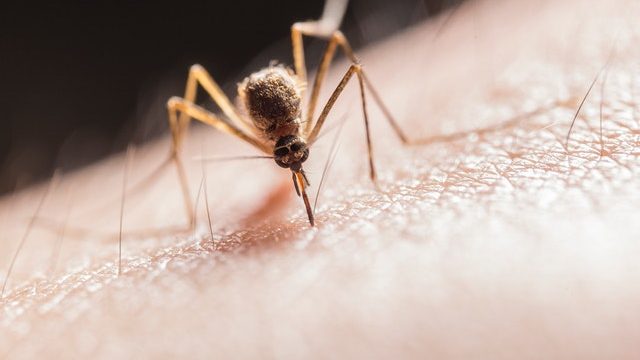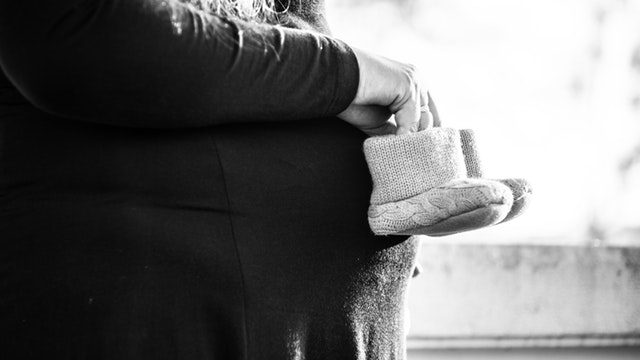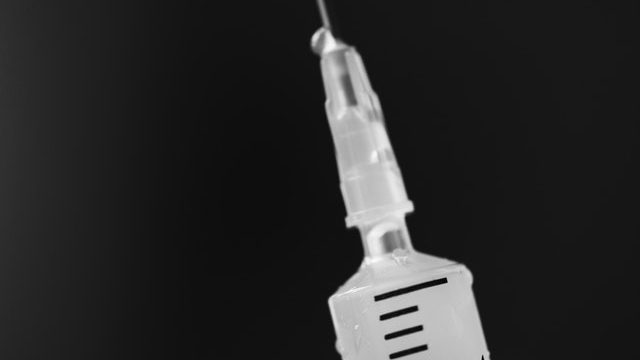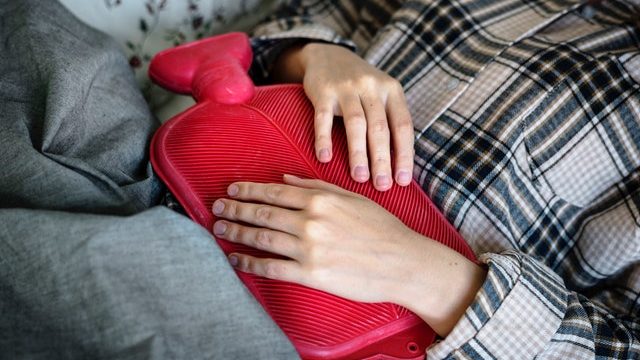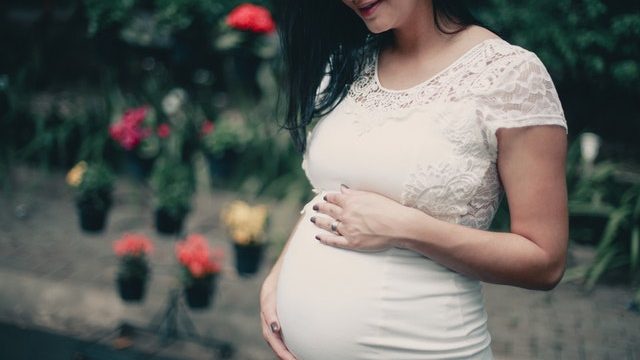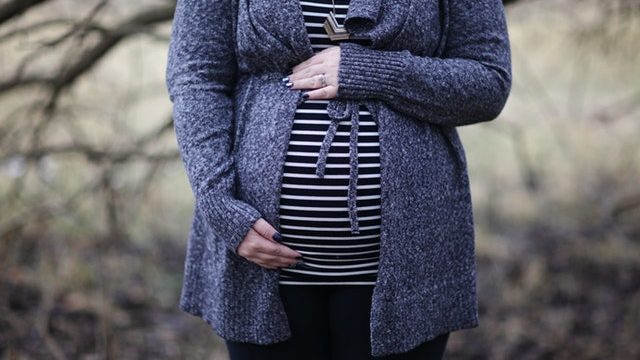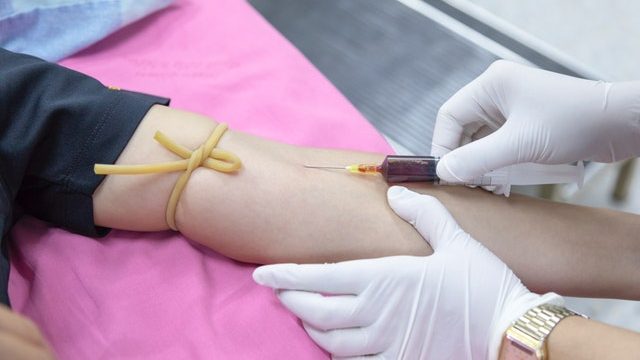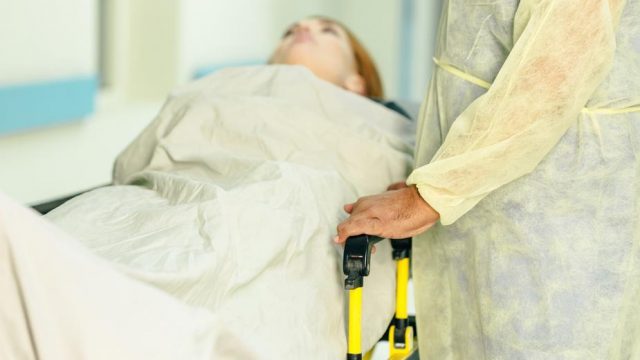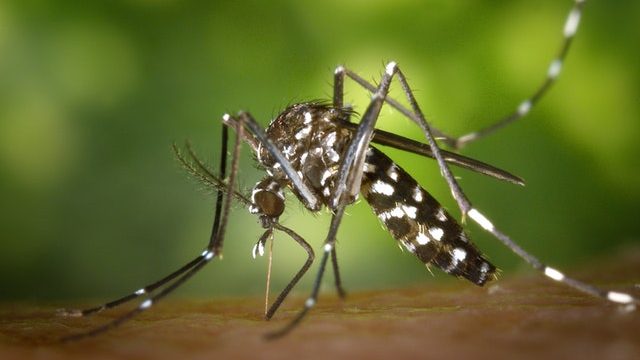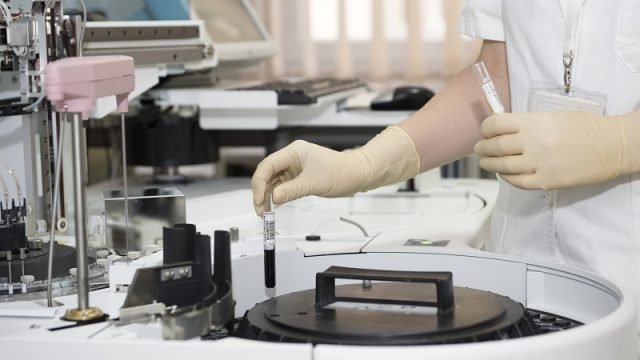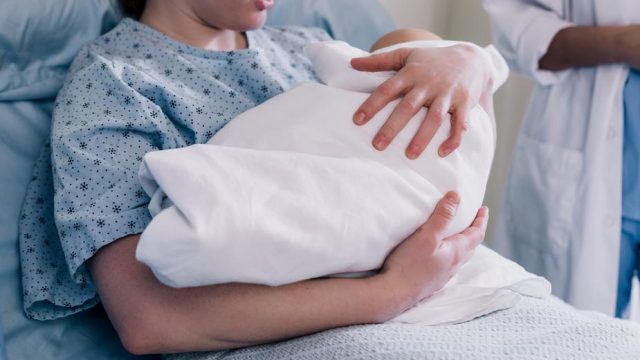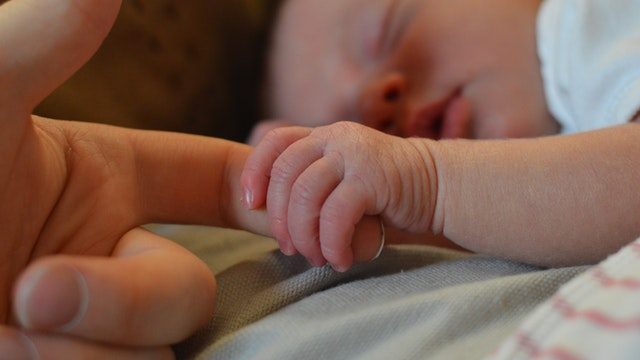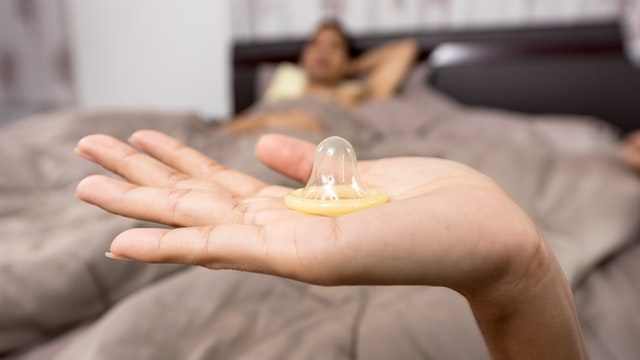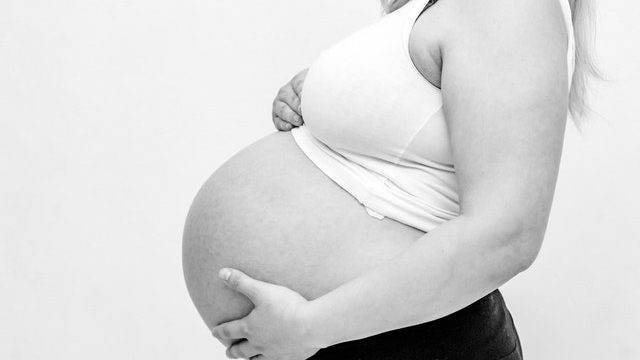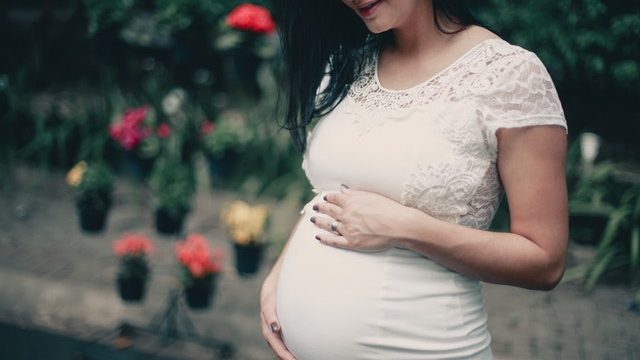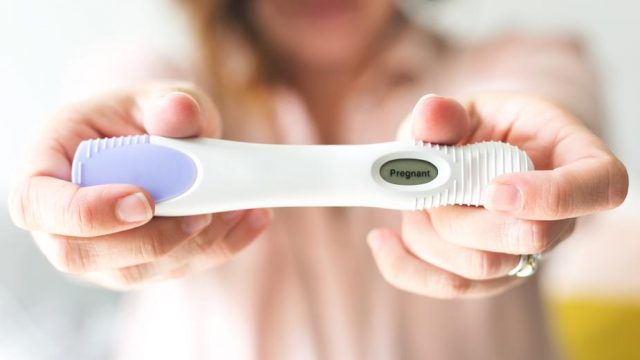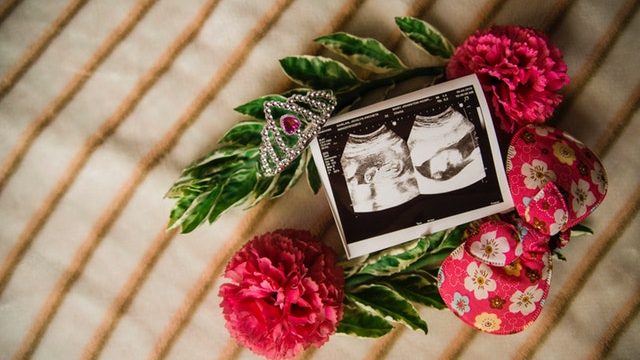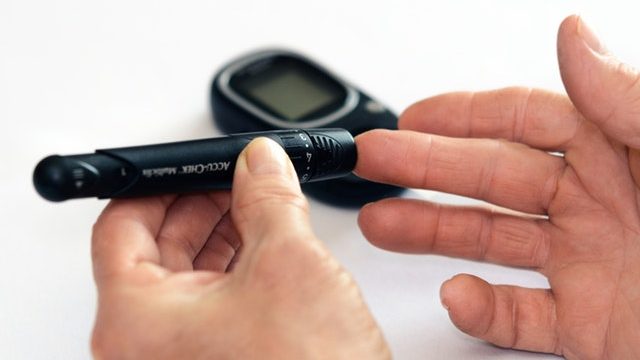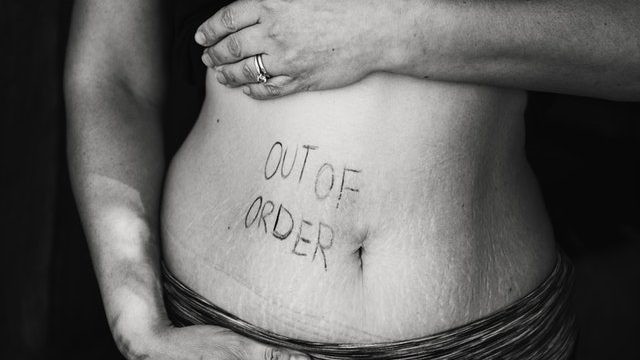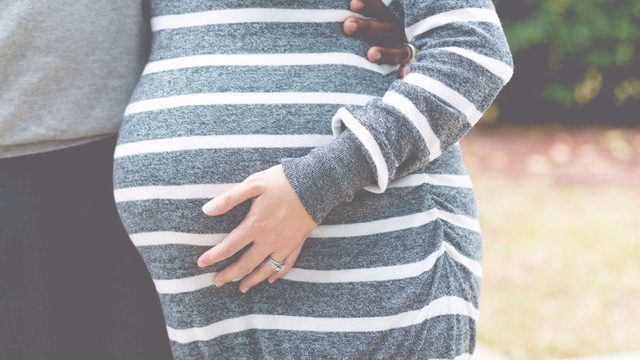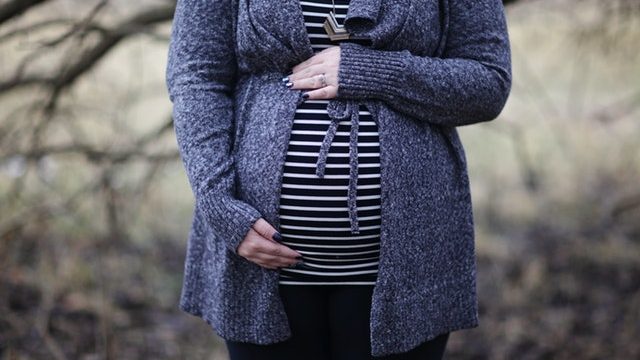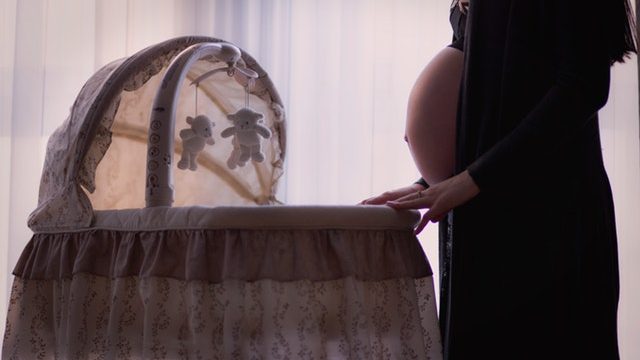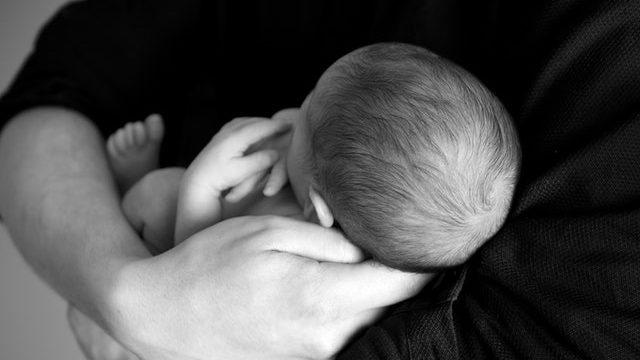Malaria is a very common infection and can be life-threatening but it is preventable. Here are a few tips on prevention of malaria. Malaria is caused by the bite of the female Anopheles mosquito.
In Pregnancy, Malaria infection carries significant risks to mother and baby. Miscarriage, stillbirth and premature labour are the main complications of malaria.
What are the measures to prevent malaria?
The ‘ABCD’ of malaria prevention is as follows:
● Awareness of risk
● Bite prevention
● Chemoprophylaxis
● Diagnosis and treatment must be prompt
Education about the cause and symptoms of malaria (such as a fever with chills) is useful.
How can I prevent mosquito bite that causes malaria?
- Use skin repellents
- Knock-down mosquito spray
- Insecticide-treated bed nets
- Clothing and room protection
The anopheline mosquito has different preferred biting times in different parts of the world. But the maximum risk period is from dawn to dusk.
Therefore the mosquito bite prevention measures need to be applied 24 hours a day.
Skin repellents containing 20% DEET
Have been used and there are no apparent adverse effects
Knock-down mosquito sprays
Permethrin and Pyrethroids sprays kill resting and flying mosquitoes. A can of insect spray active against mosquitoes is useful to help clear the room of mosquitoes.
Pyrethroids will quickly kill mosquitoes and are the preferred ingredient in sprays, while permethrin will both repel and kill mosquitoes when used regularly in the same room.
Insecticide-treated bed net
Long-lasting pyrethroid-impregnated bed nets offer significant protection.
Nets are now recommended by the World Health Organization for all pregnant women.
Clothing that covers the body and forms a barrier from biting mosquitoes will also reduce the risk of malaria.
After sunset, long sleeves, long trousers, loose-fitting clothing, and socks, regardless of colour, are recommended.
Clothes can be impregnated with permethrin or permethrin or DEET can be sprayed on to the clothes.
What are the treatment options available for Malaria?
Drugs for malaria prevention
It is important to note that there is no drug that is 100% protective in preventing malaria. The choice of drug depends on various factors.
What do I do if I am pregnant and travelling to a malaria-risk area?
- Malaria can cause harm to the pregnancy. Malaria is associated with increased risk of miscarriage.
- Prophylaxis is not 100% effective
- Women should try and avoid travel to endemic places or choose an alternative destination. If it not possible to delay either the pregnancy or the travel plan, then they should take prophylaxis.
- They are also advised that they should avoid getting pregnant until the drug is completely excreted from the body. Thus they can avoid any inadvertent exposure of the fetus to the drug in the first trimester.
- Nevertheless, if there is an unplanned conception while taking malaria prophylaxis, it is not necessary to do termination of pregnancy, as the risk to the fetus is low.
- Mefloquine is essentially the only drug considered safe for prophylaxis in pregnant travellers in the second and third trimesters. The use of mefloquine in the first trimester may still be justified in areas of a high risk of acquiring falciparum malaria.
This article is meant only to provide information and not be a substitute for a medical opinion.



